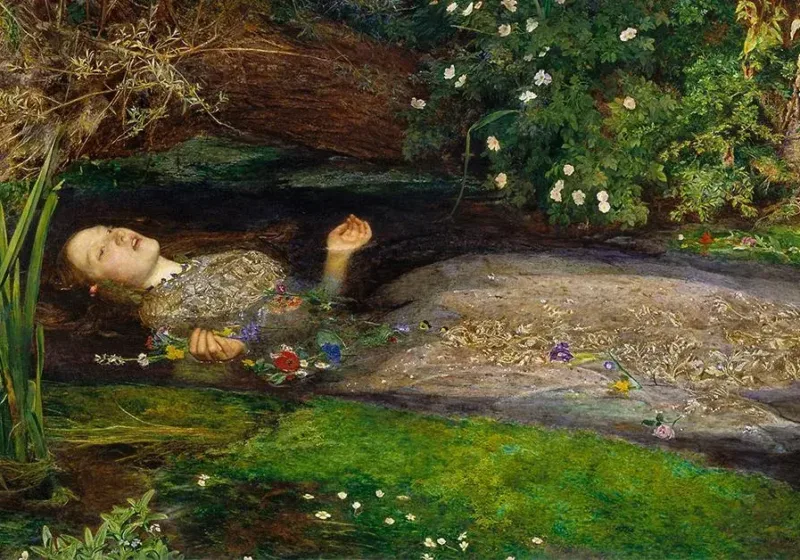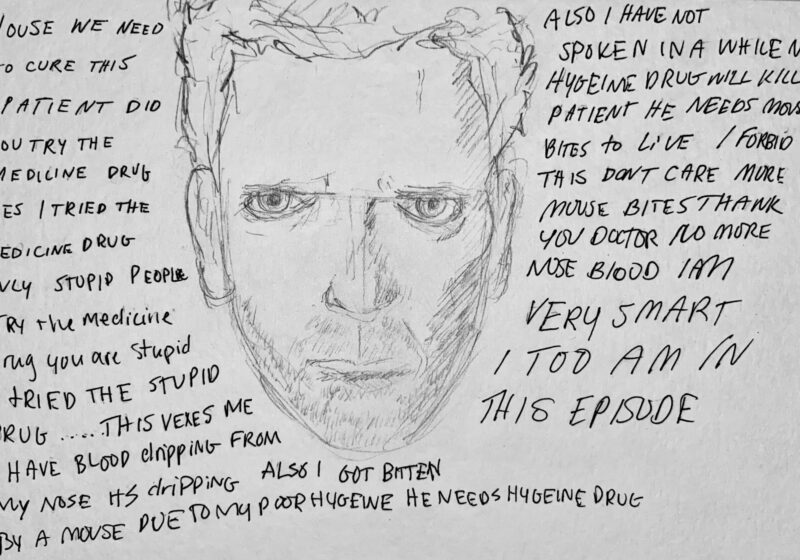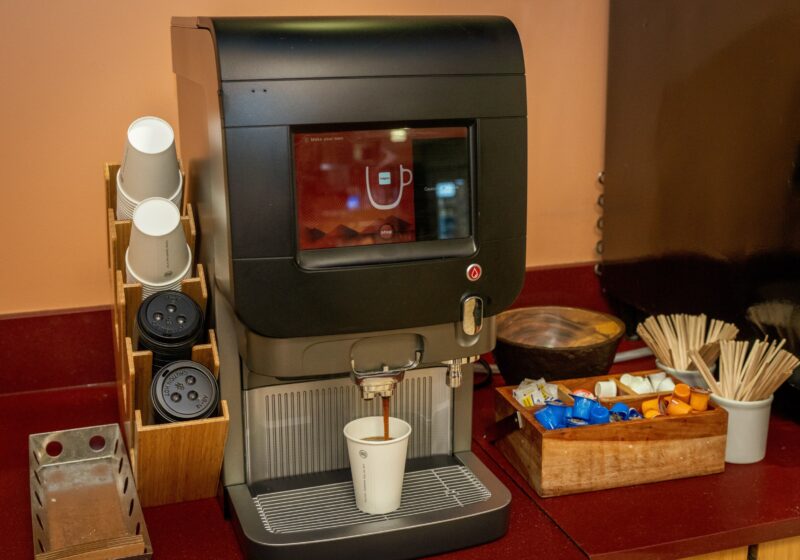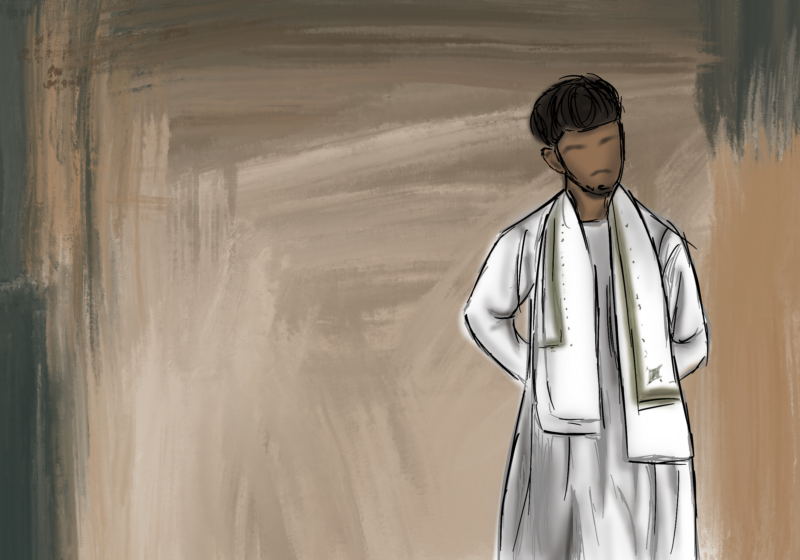Periodic Table of Ethereal Elements by Lucie Brock-Broido
A girl ago, a girlhood gone like a phial of ether
Thrown on fire—just
A little jump of flame, like grief, or
Like a penicillin that has lost its skill at killing
Off, it then is gone.
June is childhood — an eternity stretching out before you. July is girlhood — sticky and short and sweet. August is grief — denial, anger, bargaining. September is acceptance, September is womanhood. September is almost here.
The girl in me refuses to go down without a fight. I’ve been paralyzed by the fear of not being able to accurately capture the experience of girlhood — which is so singular, so universal, so diverse, and so incommunicable — but I’ve come to realize the impossibility of that endeavor.
The resurfacing of the word “girl” in the consciousness of the chronically online (myself included) doesn’t make this any easier. Neither does the advent of the Barbie movie. Or viral trends such as girl dinner. Tomato girl. 20-something teenage girl. Hot girl walk. Not a girl’s girl. The list goes on. Suddenly a concept that I’ve held so close for so long feels like it’s been shoved into the spotlight, and I feel blindsided — and maybe even a little possessive.
Granted, I have done my fair share of girlposting and claiming I’m just a girl every time the going gets tough. But is it demeaning and infantilizing to claim I’m “just” a girl? Am I equating girlhood to incompetence by doing so? Or is it strategic femininity: a weaponized incompetence that is justified for women who have been unfairly expected to bear the brunt of gender roles for centuries? Or maybe it’s a coping mechanism to contend with the idea of losing the relative freedom and lack of responsibility that comes with being a girl.
What is girlhood? Is it a feeling? If it’s a feeling, feelings pass, and I’m terrified of womanhood. I’m scared of drawing room conversations and what they entail — of rishtas and funerals, both sites of death in my head.
I am scared of being transferred between families like a Monopoly title deed card. I am scared of mediocrity and exhaustion, even as the word ambition sounds increasingly heavy and insincere to me. I am scared of allowing the feeling of girlhood to pass.
What is girlhood? Is it mine? In the song “Would’ve, Could’ve, Should’ve,” Taylor Swift laments, “Give me back my girlhood, it was mine first.” However, I’m not sure if my girlhood has ever been mine.
I’m aware I’m not the first to say that my girlhood was never truly my own, which is why my increasing discomfort with the online discourse makes little sense. But nothing about this conversation makes sense: Girlhood is an idea almost wholly contingent on the perception of everyone but the girl, the only one who really matters.
If girlhood can be taken away as arbitrarily as it is bestowed, do you lose it as soon as you gain womanhood? Is there a clear distinction between the two? Am I just scared of growing up?
Womanhood implies adulthood and motherhood and so many other categories that I am not ready for. Losing girlhood feels a bit like losing a child, and I can’t see myself having the space in my heart for another. I think about these lines from a poem by Jasmine Mans: “Tell me about the girl / my mother was, / before she traded in / all her girl / to be my mother.”
I know that over-categorization can lead to self-surveillance; it is not always productive to be hyper-aware of a rigid, seemingly monolithic identity category that you may or may not completely fit into. With the “girl” motif’s commodification in current trending media, it can be easy to feel swept up in the fight to retain your place in the girl-sphere. But what choice do you have but to either cling to a shred of youth or succumb to the punishment that is aging for women who dare to outgrow their girlhood?
It may not be useful to pigeonhole yourself into a category, but here I am. I am so scared of being a woman.
What is girlhood? Is it innocence? In her song “complex,” Katie Gregson-McLeod compares the mistakes she made at 19 and 21 respectively, saying, “I was just a girl, what’s the excuse now?” As I feel girlhood slipping away, there’s the sense that I need to create the life I want right now and have everything figured out. There’s no space for mistakes, especially as an international student with a precarious visa status, and especially as a woman.
But maybe the (perfectly valid) excuse is that I am all-new and haven’t learned how to be an adult yet. I read somewhere (or saw a TikTok?) about how being in your 20s is like being a newborn baby all over again. That feels true in some ways more than others, but the concept rings true — with the fresh start of adulthood, it now feels okay to put the training wheels back on. I’m allowed to let myself be scared of falling off my bike, and to give myself the grace to scrape my knees and then start all over again (much like the fear that seized me when I learned to ride a bike in my grandparents’ driveway, these affirmations are easier said than done).
But even whilst standing on the precipice of womanhood and cautiously peering over the edge, I have already experienced so much joy — much of which has to do with being able to slowly ease into adulthood in college. So much joy that all I can offer you is a glimpse into that of a single evening: Having my own spice cabinet. Hosting dinner parties. Owning my own cutlery. Apologizing for the mismatched glasses and thinking about my mother. Learning to be giving. Learning to be kind. Catching myself thinking about laundry, of all things. Realizing that food does taste better with other people. Creating my own little life. Feeding my friends. Feeding myself.
Feeding myself is probably the best way to describe how being a woman in my 20s has felt so far. It has been the most bizarre but nurturing experience. I feel so unformed, but so adult-like. I have never felt my age as acutely as I have these past couple of years, and I have never felt so much like my own person either. Lucie Brock-Broido encapsulates the feeling of being a 20-something teenage girl perfectly in her poem “A Girl Ago”:
Extinguish me from this.
I was sixteen for twenty years. By September I will be a ghost
And flickering in unison with all the other fireflies in Appalachia,
Blinking in the swarm of it, and all at once, above
And on a bare branch in a shepherd’s sky. No Dove.
There is no thou to speak of.
In a discussion of Brock-Broido’s work, Joan Houlihan notes that the poet categorizes “girl” as a self “that wouldn’t age or die, that was preserved in a state of wonder and innocence, but always on the verge of destruction.” In the poem, the girl is the “always nascent, and endangered, feminine.”
Perhaps if the extinguished girl is eternal, then there is also the possibility that she never really existed. If “there is no thou to speak of,” then there is nothing to lose. The girl can be whatever she wants, forever — immortalized in girl dinners and a comfortable coexistence with womanhood.
When I was a girl, I was told that immortality would diminish the novelty of life. Poet Dorianne Laux personifies Death as a girl in a cotton slip, barefoot and giggling. She comes to the speaker of the poem and reveals that she actually quite likes death, with its wind chimes and smell of lemons.
If Death is a girl who tells you that the afterlife isn’t all bad, maybe the transition from girlhood can be beautiful too. Maybe she can also hold my hand and step with me into the horrors, and the wonders, of September.






